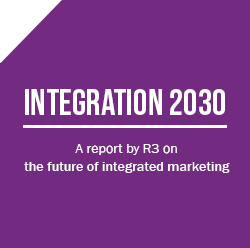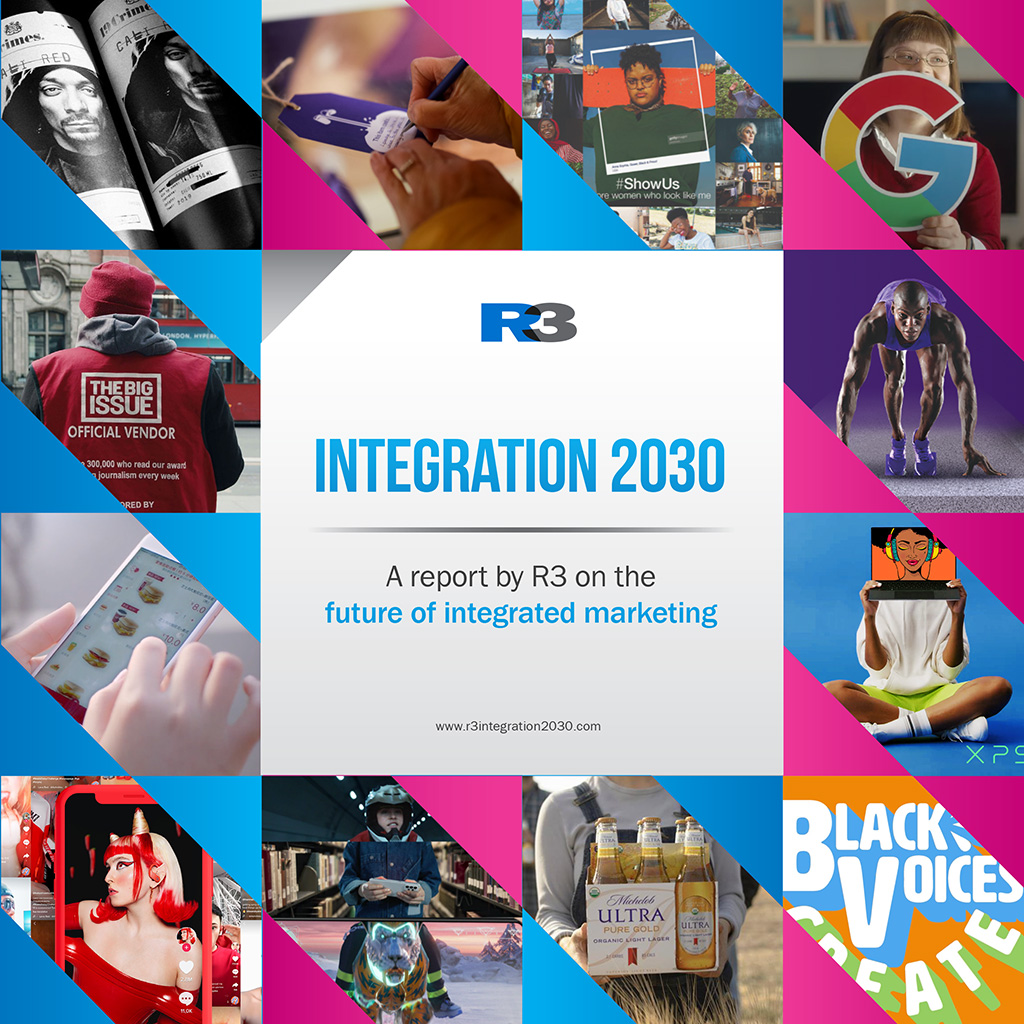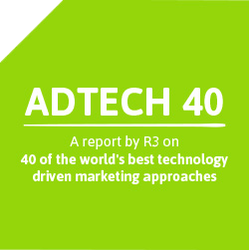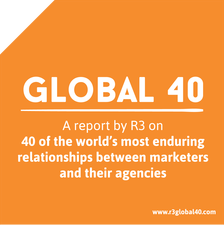Agency partnerships have always been defined by the focus of marketing. In the 1990s, guerilla tactics and going against traditional formats of advertising were on trend. In the early 2000s, marketing strategies were built around creating digital experiences – first through websites, and then on user-based platforms of social media and video.
As we enter a new age of engagement, marketers building agency models are tasked with constructing partnership ecosystems that run on the rails of data and technology. The focus for brands will be on how to integrate specialized technical capability while maintaining the magic of creativity, innovation, and human emotion.
Loss in efficiency is the risk of complexity. However, we believe that the secrets to successful integrated partnerships are based on constant fundamentals applied in new ways. We hope this report will be the beginning of new conversations and explorations, and a roadmap to future client-agency partnerships.










